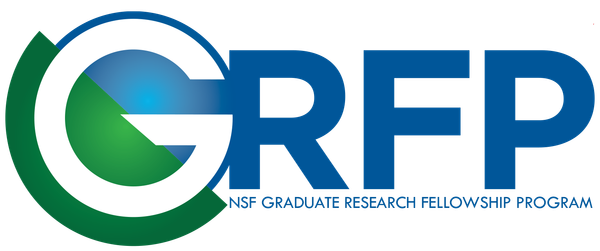BYU Alumnus Joseph Cardon Receives NSF Graduate Research Fellowship
Sept. 25, 2016

BYU Alumnus Joseph M. Cardon, a current graduate student at UC Irvine, received an NSF Graduate Research Fellowship earlier this year.
The NSF Graduate Research Fellowship Program recognizes and supports outstanding graduate students in NSF-supported science, technology, engineering, and mathematics disciplines who are pursuing research-based Master's and doctoral degrees at accredited United States institutions.
Cardon specializes in Sustainable Chemistry. His research centers around multi-electron catalysts for use in dye sensitized solar cells. Dye sensitized solar cells are an inexpensive, easy to make alternative to the traditional silicon solar cells that you see on a lot of rooftops. Unfortunately, dye sensitized solar cells aren't widely used because they are less efficient than silicon solar cells. The cause of this inefficiency is that current dye sensitized solar cells are limited to one-electron transfer reactions. One photon of light excites one dye which moves one electron. This produces unstable radicals that quickly decompose, wasting a large amount of energy. Cardon’s research focuses on developing catalysts that can collect multiple charges from excited dyes and then perform multi-electron transfer events. This will prevent the formation energy wasting radicals and allow creation of dye sensitized solar cells that rival the efficiency of silicon solar cells.
At BYU Cardon spent several years as an undergraduate research assistant in Dr. Castle's organic synthesis and methodology lab working towards the total synthesis of yaku'amide A, a natural product with potent anticancer properties, especially towards leukemia cancer lines. “When I first entered graduate school at the University of California Irvine I thought that I would continue working in medicinal organic chemistry. I was surprised to find myself more drawn towards renewable energy and electrochemistry. Most scientists have a passion to solve a specific problem using a specific technique, but I have found that I enjoy everything science related. As long as the research will help someone someday, I am equally happy to study cancer cures, renewable energy, or better plastics using organic, inorganic, or electrochemistry,” says Cardon.
Cardon’s plan for the future is to go where God leads him: “I feel like I was in the right place when I studied in the Castle lab and that, right now, my place is in the Ardo lab. I don't know where I'm going to be in three or four years when I graduate, but wherever it is, I will be there because that's where I believe God wants me to be.”
Writer: Taelin Wilford